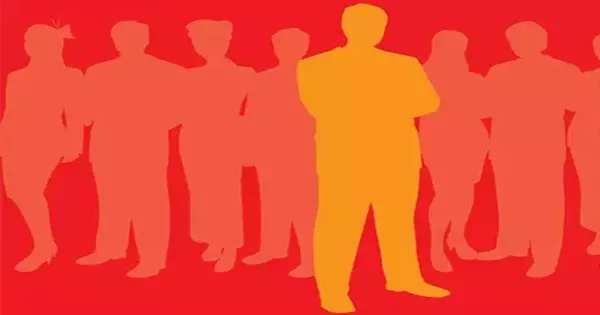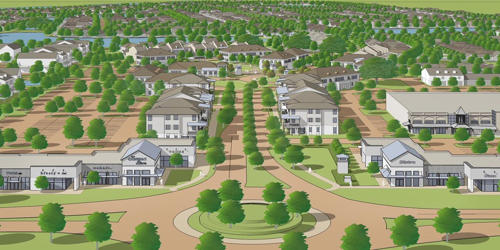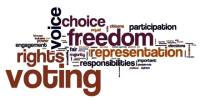Mediated deliberation is a type of deliberation achieved through the media, which serves as a conduit between the general public and elected officials. In order for effective public deliberation to occur, media communication professionals relay information, values, and diverse points of view to the public.
Individuals or groups engage in structured discussions and decision-making through the use of media or technology in mediated deliberation. It entails using various digital platforms or tools to facilitate deliberative processes, allowing participants to exchange ideas, deliberate on complex issues, and reach consensus.
Because modern problems make it impossible to rely on elected officials to deliberate for the public, Benjamin Page proposes mediated deliberation as a “division of labor” with the idea of using the media to deliver information between elected officials and the public. The role of the media is to encourage citizen debate in order to keep citizens engaged with their elected officials.
The benefits of mediated deliberation include:
- Increased participation: Mediated deliberation allows a larger number of people to participate in decision-making processes compared to traditional face-to-face methods. It can engage individuals who might not have the resources or time to attend physical meetings.
- Enhanced accessibility: Digital platforms enable people from diverse backgrounds and geographic locations to contribute their perspectives. This inclusivity promotes a more representative and diverse deliberative process.
- Anonymity and reduced social biases: Some mediated deliberation platforms allow participants to remain anonymous, which can aid in the reduction of social biases and power dynamics that may influence face-to-face discussions. Anonymity can encourage people to express themselves freely without fear of being judged or retaliated against.
- Information sharing and collaboration: The exchange of information, data, and resources among participants is facilitated by mediated deliberation. Individuals can pool their knowledge and expertise to develop informed and comprehensive solutions, allowing for collaborative problem-solving.
In situations where face-to-face interactions are not feasible or practical, such as large-scale participatory processes, geographically dispersed communities, or time constraints, mediated deliberation is frequently used. It uses technology to overcome distance, time, and accessibility barriers, allowing for greater participation and inclusion.
Online forums, social media platforms, virtual town halls, video conferences, and collaborative decision-making software are all examples of mediated deliberation. These platforms allow participants to present their points of view, share information, hold discussions, and collectively deliberate on topics of interest or concern.
















